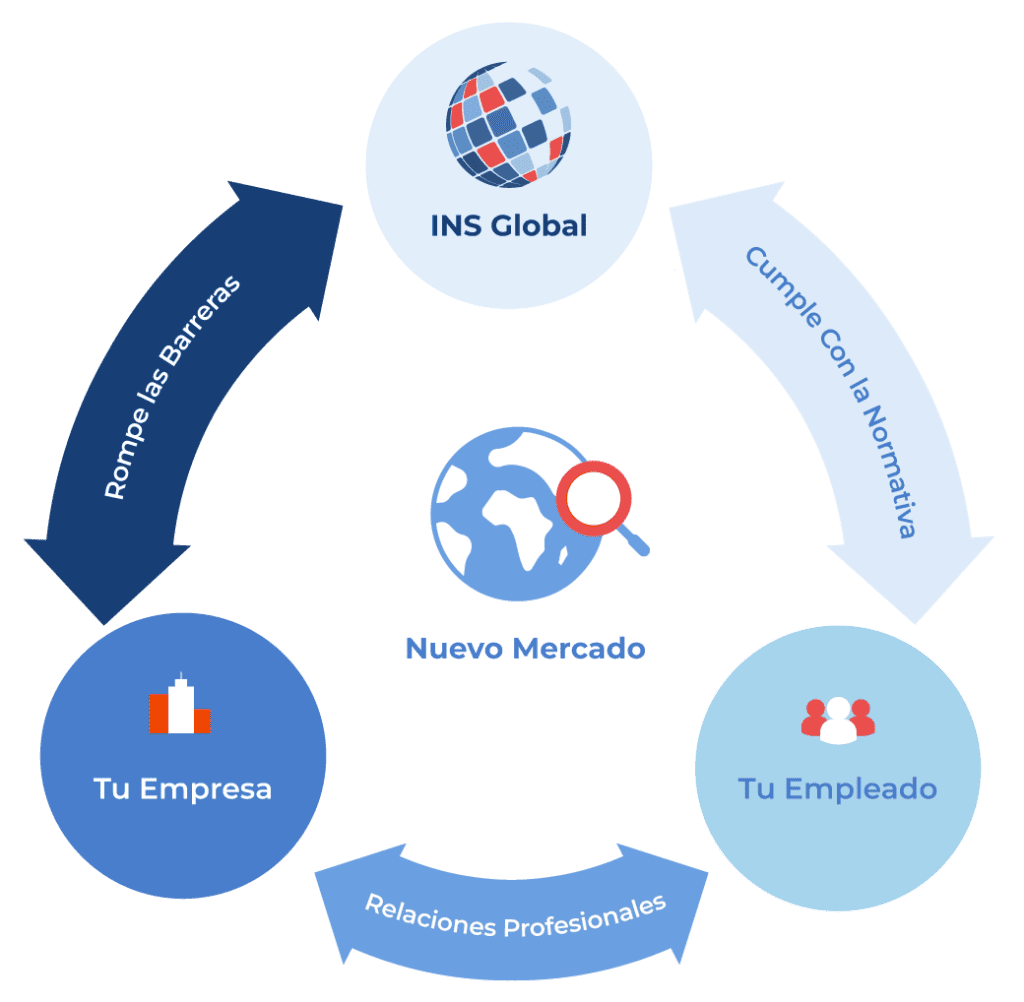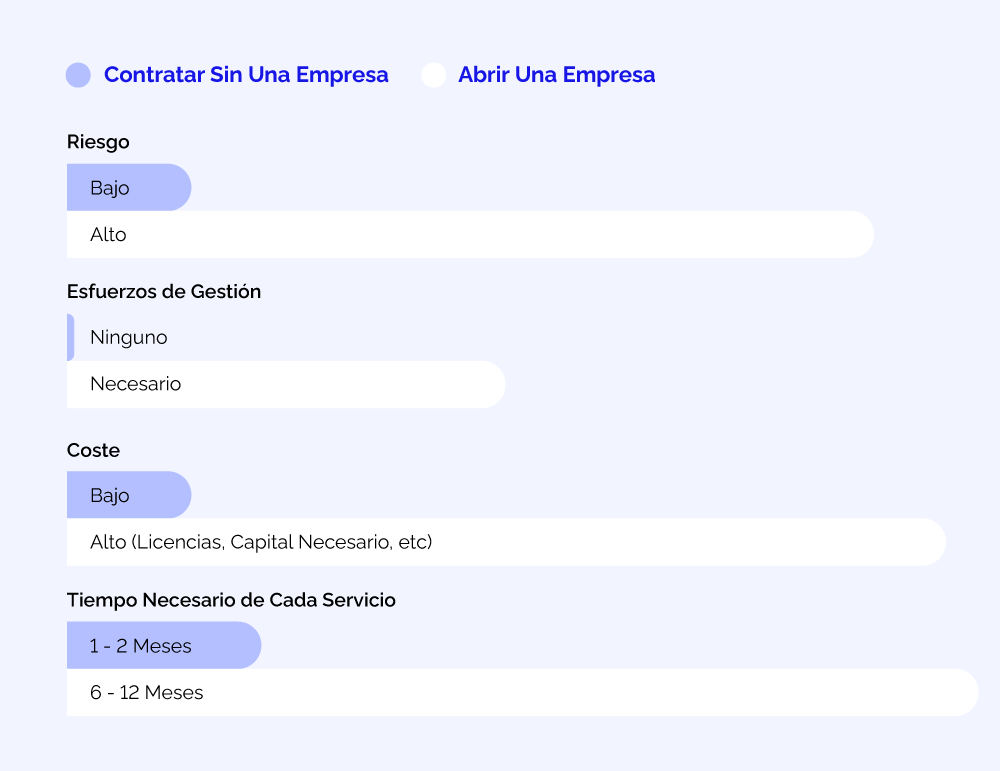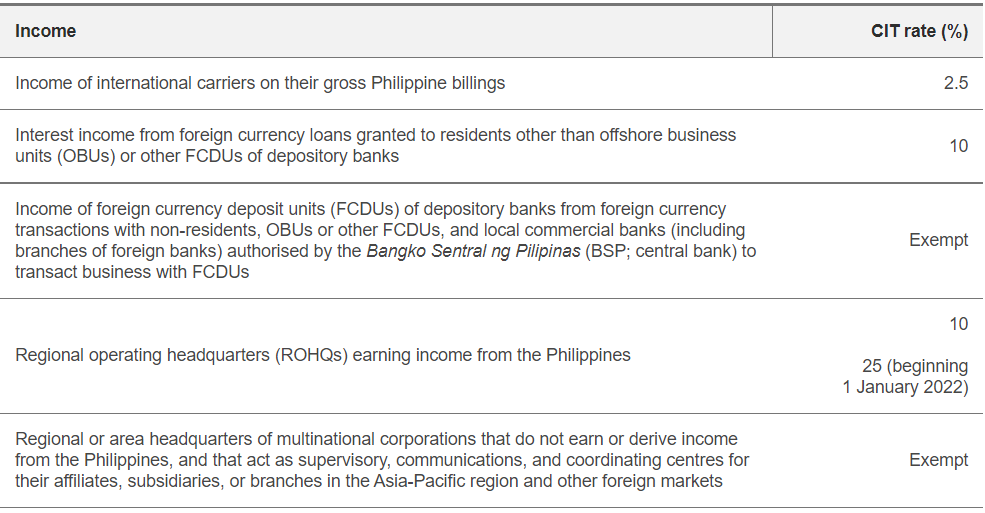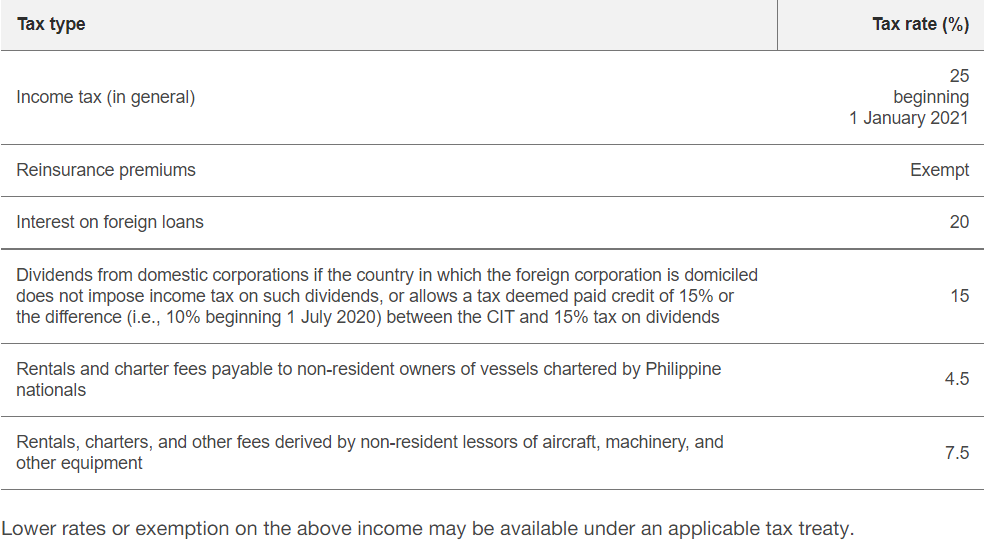Además de los salarios y cualquier pago realizado a agencias de contratación o expertos, los gastos indirectos, como las contribuciones al seguro social, los bonos o incentivos, deben incluirse en los gastos de nómina. Además, aunque los bonos de contratación son opcionales, se deben considerar al determinar los gastos de contratación, ya que pueden ayudarte a destacar entre los posibles nuevos empleados.
Also, even though signing bonuses are optional, they should be considered when determining recruiting expenditures as they could make you stand out to potential new hires.





